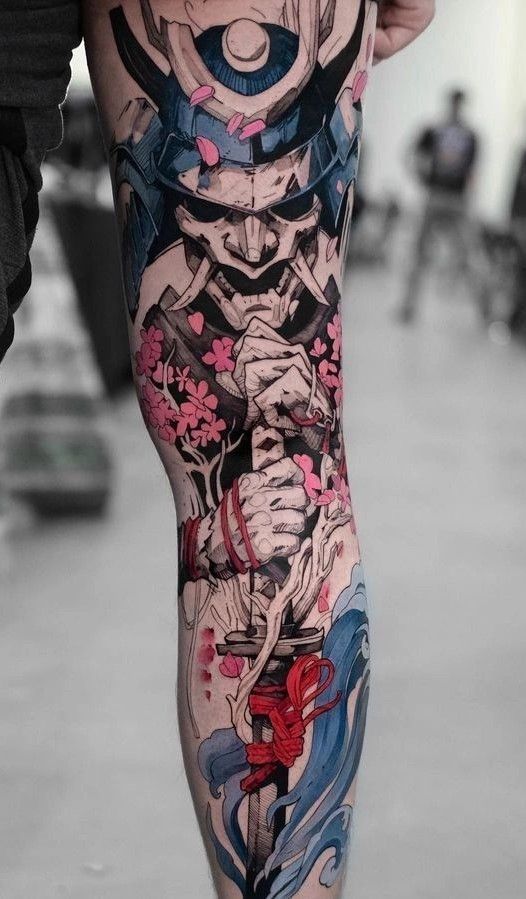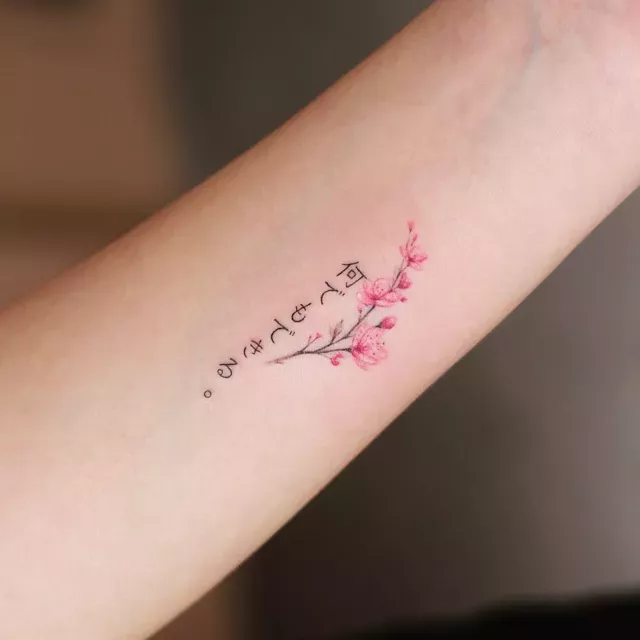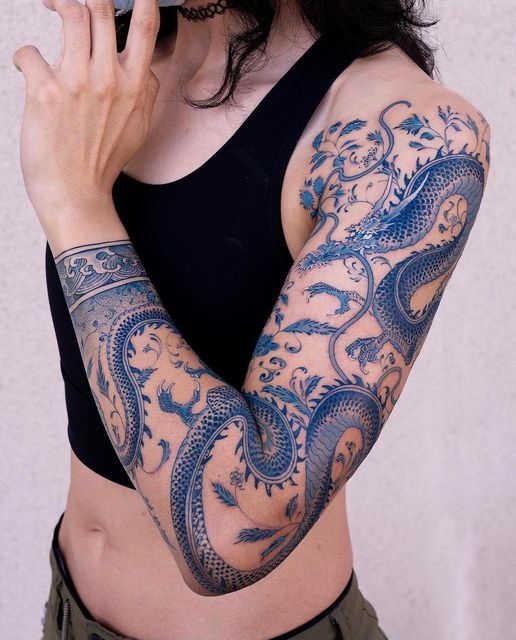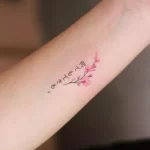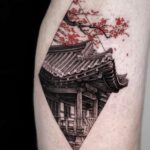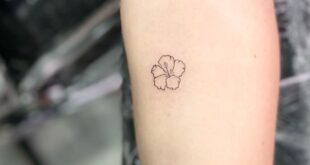Tattooing in Japan has a long and complex history, deeply rooted in the country’s cultural traditions and practices. However, despite its rich heritage, tattoos have often been stigmatized and associated with criminality and the yakuza, the Japanese mafia.
Traditionally, tattoos have been seen as a form of rebellion and defiance against societal norms, as well as a way to express individuality and personal beliefs. In ancient Japan, tattoos were used as symbols of status and spirituality, with elaborate designs being reserved for the elite and powerful individuals. These tattoos were often hand-poked and intricately detailed, reflecting the wearer’s social standing and religious beliefs.
However, with the rise of the yakuza in the Edo period (1603-1867), tattoos became associated with criminality and were used as a form of identification for members of the organized crime syndicates. This led to the stigma surrounding tattoos in Japan, with many establishments, such as public baths and hot springs, banning individuals with visible tattoos from entering their premises.
Despite this negative association, the art of tattooing has persisted in Japan, with a resurgence in recent years as more people embrace tattoos as a form of self-expression and art. Traditional Japanese tattooing, known as irezumi, is characterized by its bold and colorful designs, often featuring motifs from nature, mythology, and traditional Japanese folklore.
Many modern tattoo artists in Japan draw inspiration from the traditional irezumi style, incorporating elements of traditional Japanese art such as ukiyo-e prints and woodblock prints into their designs. However, contemporary tattooing in Japan also embraces a wide range of styles, from minimalist black and grey work to vibrant neo-traditional designs.
In recent years, the acceptance of tattoos in Japan has started to shift, with more people, especially younger generations, choosing to get inked as a form of self-expression and art. However, the stigma surrounding tattoos still persists in many areas of Japanese society, particularly in the workplace and among older generations.
Despite these challenges, the art of tattooing in Japan continues to thrive, with a growing number of talented artists pushing the boundaries of traditional Japanese tattooing and creating unique and innovative designs. As attitudes towards tattoos in Japan continue to evolve, it is hoped that the rich tradition of Japanese tattooing will be preserved and celebrated for generations to come.
 innstyled Tattoo Ideas
innstyled Tattoo Ideas
